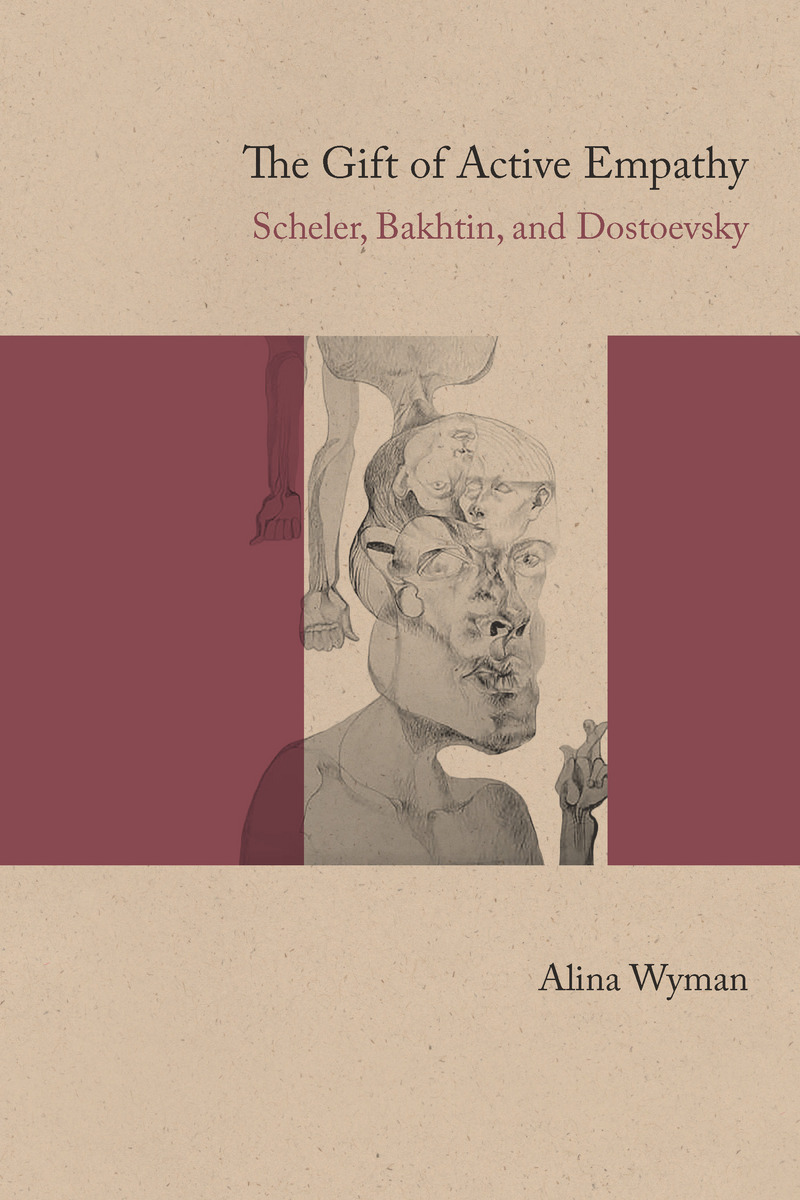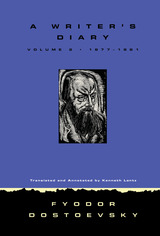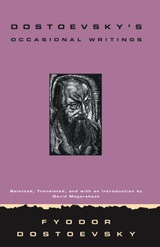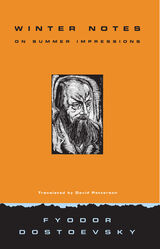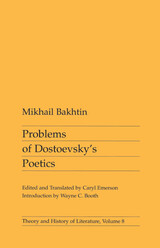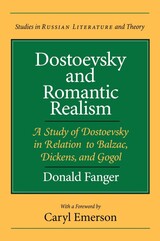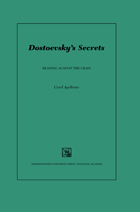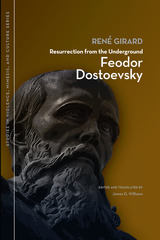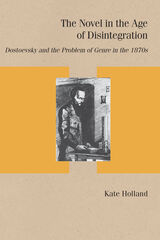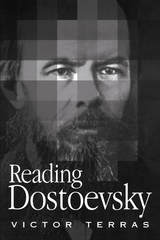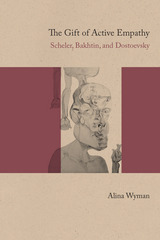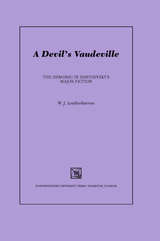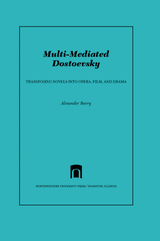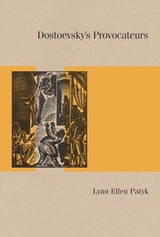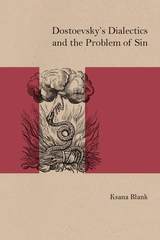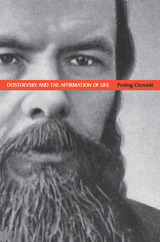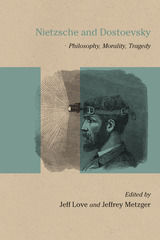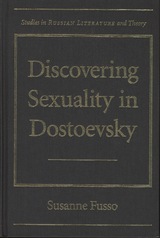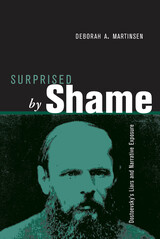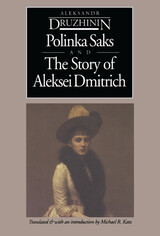The Gift of Active Empathy: Scheler, Bakhtin, and Dostoevsky
Northwestern University Press, 2016
Cloth: 978-0-8101-3337-2 | Paper: 978-0-8101-3336-5 | eISBN: 978-0-8101-3338-9
Library of Congress Classification PG3328.Z6W96 2016
Dewey Decimal Classification 891.733
Cloth: 978-0-8101-3337-2 | Paper: 978-0-8101-3336-5 | eISBN: 978-0-8101-3338-9
Library of Congress Classification PG3328.Z6W96 2016
Dewey Decimal Classification 891.733
ABOUT THIS BOOK | AUTHOR BIOGRAPHY | REVIEWS | TOC | REQUEST ACCESSIBLE FILE
ABOUT THIS BOOK
This innovative study brings the early writings of Mikhail Bakhtin into conversation with Max Scheler and Fyodor Dostoevsky to explore the question of what makes emotional co-experiencing ethically and spiritually productive. In Problems of Dostoevsky's Poetics, Bakhtin's well-known concept of the dialogical partner expresses what he sees as the potential of human relationships in Dostoevsky's work. But his earlier reflections on the ethical and aesthetic uses of empathy, in part inspired by Scheler's philosophy, suggest a still more fundamental form of communication that operates as a basis for human togetherness in Dostoevsky. Applying this rich and previously neglected theoretical apparatus in a literary analysis, Wyman examines the obstacles to active empathy in Dostoevsky's fictional world, considers the limitations and excesses of empathy, addresses the problem of frustrated love in The Idiot and Notes from Underground, and provides a fresh interpretation of two of Dostoevsky's most iconic characters, Prince Myshkin and Alyosha Karamazov.
See other books on: 1821-1881 | Dostoevsky | Dostoyevsky, Fyodor | Empathy | Gift
See other titles from Northwestern University Press
